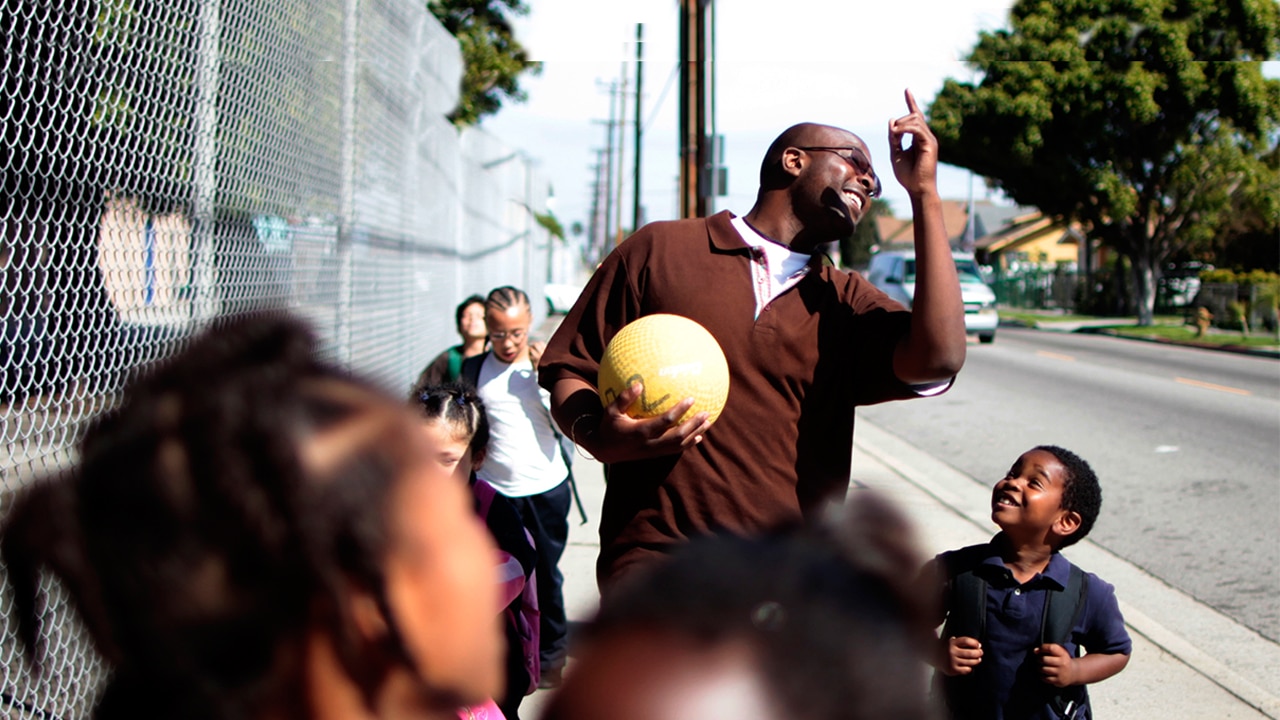
Social Policy
What should government’s role be in strengthening the social fabric of a society? How do politics affect social policymaking?
Latest Article

Treat Family Child Care Providers Like the Small Businesses They Are
"Despite their critical importance in Massachusetts’ mixed-delivery system for early childhood care, most of these family child care providers earn less than minimum wage.[iv] At the same time, early education and care costs in Massachusetts are among the highest in the nation."Explore all Articles
filter by–Region
filter by–Country
search by–Keyword
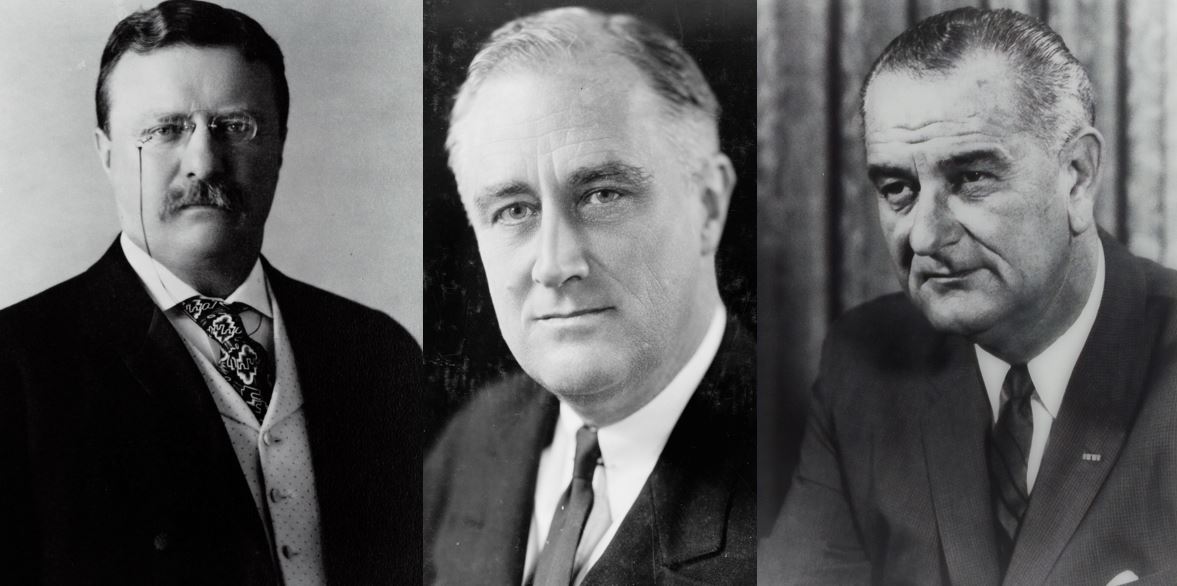
COVID-19 May Redefine America’s Social Contract for Decades to Come
06.22.20
As a record number of Americans file for unemployment and families struggle to make ends meet, the COVID-19 Pandemic has not only accentuated deep flaws and inefficiencies in the U.S. healthcare system; it has also exposed gaping holes in America’s social safety net. In response, U.S. policymakers must act boldly to construct a new social […]
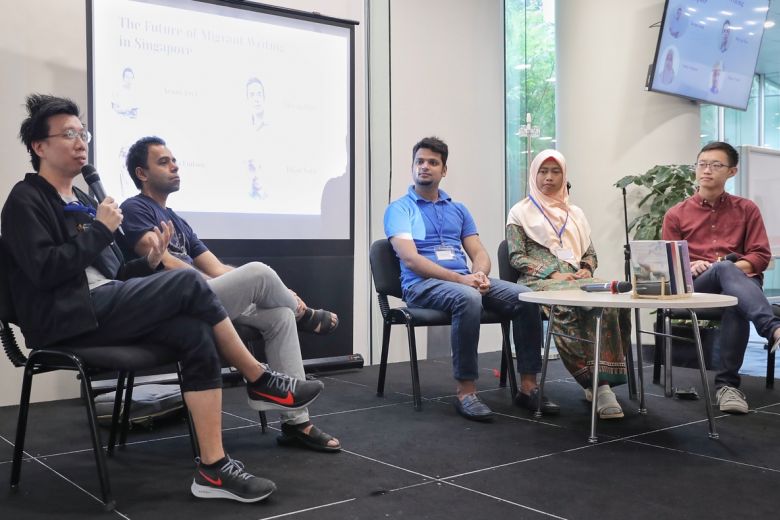
The politics of language: How can we mainstream social justice vocabularies?
06.22.20
How might we mainstream social justice ideas and language, beginning a national conversation that extends beyond more recognised civil society actors? Reflecting on the discourse surrounding migrant rights, Quah Say Jye draws upon philosopher Miranda Fricker’s concept of “epistemic injustice” to propose a shared vocabulary that might allow migrant workers into our linguistic community. He suggests that our semantic choices need to accurately represent the lived experiences of migrant workers, be accessible to them and the general public, and have the potential to pivot towards broader structural critiques.
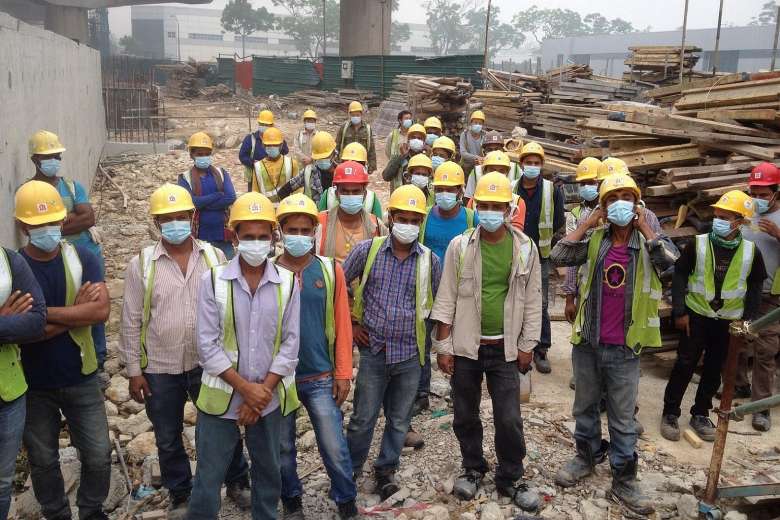
What could a fairer migrant worker policy look like?
05.4.20
Poh Yong Han argues that while addressing poor dormitory and food standards for migrant workers are important, they merely represent the tip of the iceberg. Unless we tackle the underlying structural issues that explain why migrant workers “consent” to such poor standards (low wages, high agency fees) in the first place, we are not addressing the root cause of the problem. To address them, she proposes setting a Minimum Income Threshold, and enforcing fair recruitment practices. She further suggests reconsidering whether the Work Permit scheme as it stands is even ethical, and asks if current restrictions (such as tying workers to specific employers) need to be loosened, and whether a fairer migrant worker policy would entail providing them with pathways to citizenship or residency.

Citizenship-Stripping as a Political Tool: A Comparative Perspective
04.27.20
Since the attempted coup on 15 July 2016, Turkish state authorities have engaged in what they characterize as a counterterrorism campaign against the political enemy they blame for the attacks: the expatriate cleric and government critic Fethullah Gülen, as well as hundreds of his followers who fled the country. The Turkish government still maintains that […]

Il/licit Intimacies: Why The State Regulates FDW’s Intimate Lives
03.5.20
In Singapore, foreign domestic workers (FDWs) on Work Permits are subject to various bio-political restrictions: namely, restrictions that govern who they can marry and whether they can be pregnant.
What explains these restrictions, and why is the state so invested in policing the private intimacies of foreign domestic workers? Poh Yong Han traces through parliamentary debates and newspaper articles to show how these restrictions are informed by a neoliberal philosophy that informs how we view citizenship, and unpacks its consequences.
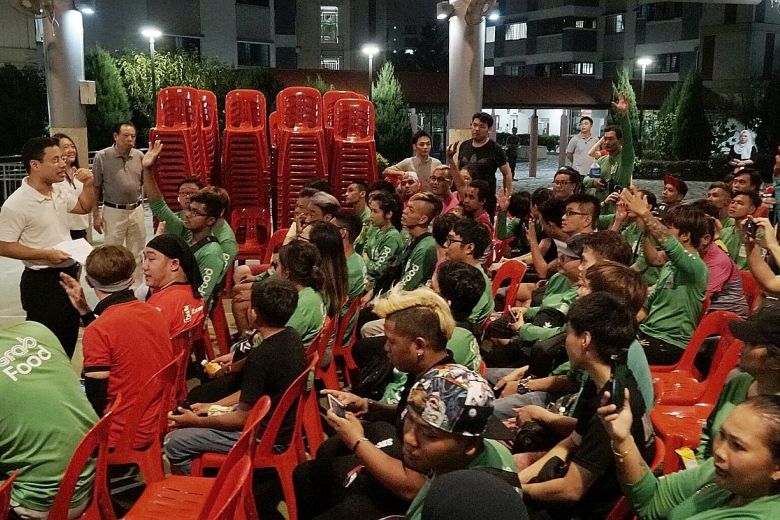
The Case For Incorporating Social Analysis Into Policy Design
02.24.20
Paul argues that policymakers need to move beyond numbers-driven, utilitarian logics of decision-making and incorporate a human-centered approach to policy-making. Drawing from Teo You Yenn’s seminal work on the need to understand issues like inequality as lived experiences rather than just statistical data, Paul considers the benefits of a social analysis approach and examines the ways in which it can be implemented in Singapore.

Past the Pilot Stage: Policy Makers Must Consider Impacts of Police Body-Worn Cameras beyond Accountability
01.21.20
In September 2013, attorney Scott Greenwood of the American Civil Liberties Union (ACLU) said of police use of body-worn cameras, “You don’t want to give officers a list and say, ‘Only record the following 10 types of situations.’ You want officers to record all the situations, so when a situation does go south, there’s an […]
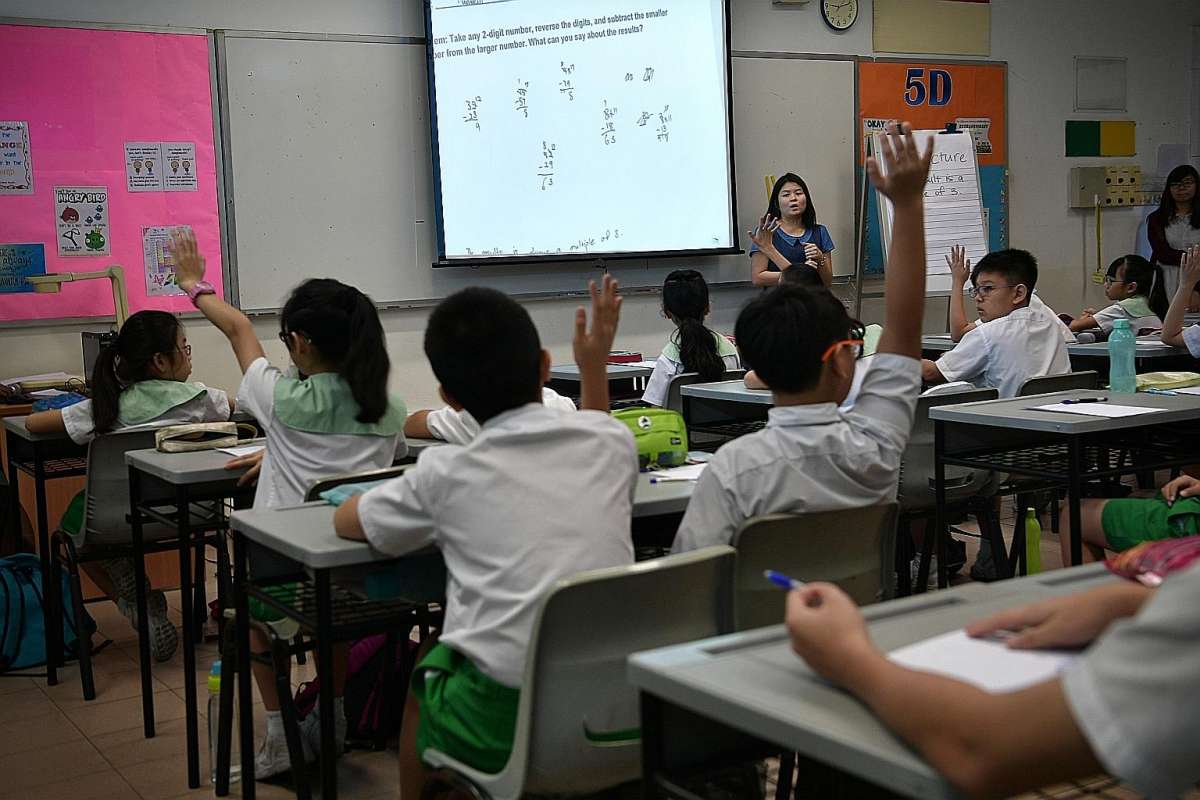
The Legitimization of Inequality
12.5.19
Meritocracy is generally celebrated as an ideology that promotes equality of opportunity, and hence, seen as just. Xuan Yee interrogates this view by exploring the moral, psychological, and intellectual ramifications of meritocracy when taken to its extreme. He argues that an unquestioned belief in meritocracy is dangerous, for it encourages the successful to justify their own moral deservingness of their position in society, and thus, legitimizes inequality.
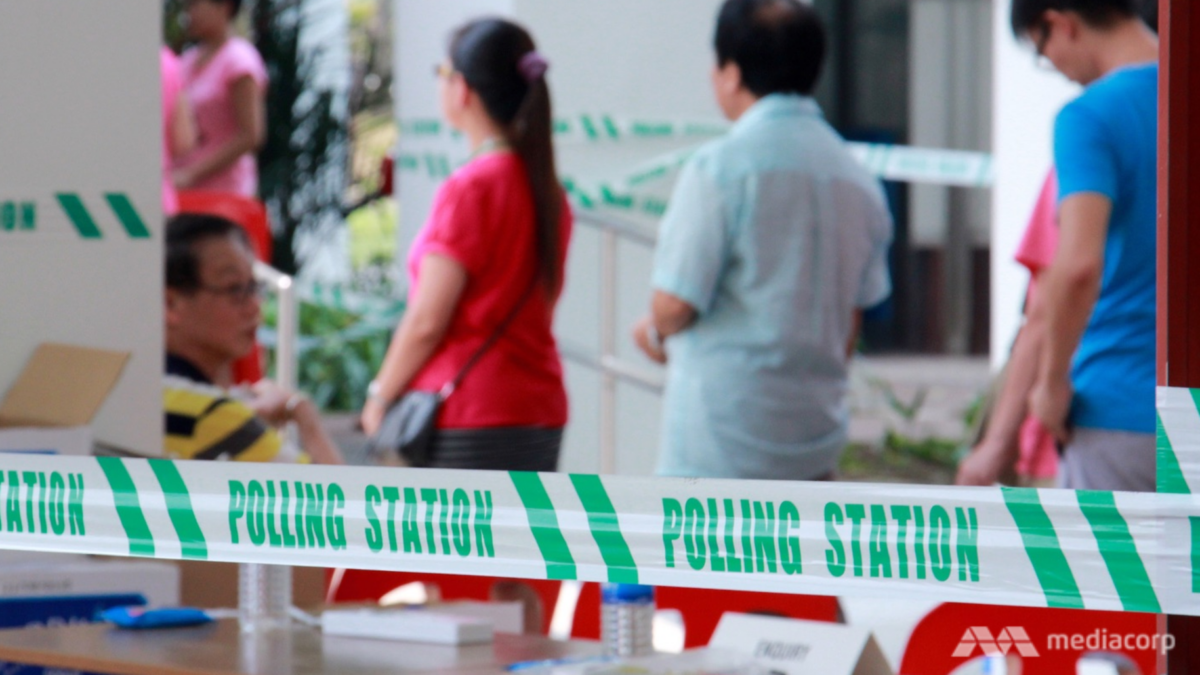
The Loving Critics Have Votes, What They Want Is Voice
11.4.19
While recent events have triggered concerns over democracy and fundamental freedoms in Singapore, Seow Yongzhi argues that these debates conflate the terms “democracy” and “liberalism”. Democracies, as Yongzhi points out, can be highly illiberal. Instead, what Singaporeans want is not necessarily democracy, but liberty – the right to voice their disagreements.

Multi-Racial, Multi-Cultural, Multi-Sexuality
10.14.19
Who should take the step forward in the push for LGBTQ+ rights? Should leaders set the agenda, or should they react to societal pressure and preference? Ryan Kueh explores how the repeal of 377A aligns with Singapore’s political ethos and how Singapore’s Leadership can rise up to the task.

Imagining Utopias: The Importance of Moral Idealism in Singapore
10.7.19
“It is tempting to believe that the cynic is, somehow, more intelligent than the dreamer. But in truth, pragmatism is no smarter than idealism.” Lee Chin Wee argues that, in discussions about Singapore’s future, we should leave room at the table for idealists and dreamers. In his view, it is a mistake to treat the government’s growth-oriented and metrics-focused narrative of pragmatism as gospel truth. When Singaporeans present and grapple with competing visions of the ‘good’, this strengthens social inclusion and improves policy-making.

In Defence of Protest Culture
09.25.19
Protests have a bad rep in Singapore. Framed by the state as violent, divisive, and a threat to stability, protests are deliberately discouraged, largely disallowed, and when permitted, heavily controlled. Poh Yong Han make a case for encouraging “protest culture” in Singapore by responding to common criticisms of protest culture, and outlining the ways in which protests might actually serve to strengthen Singapore.